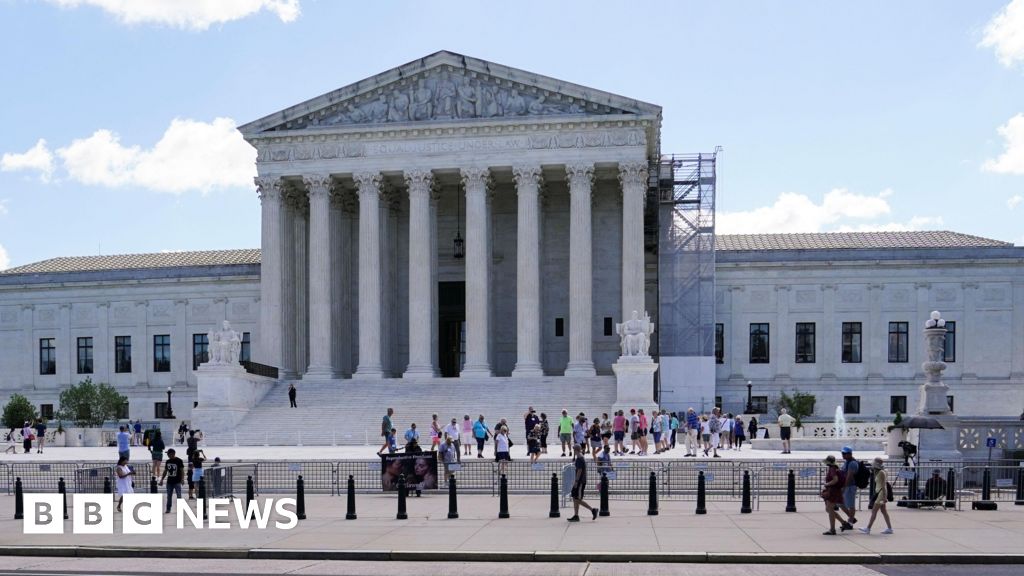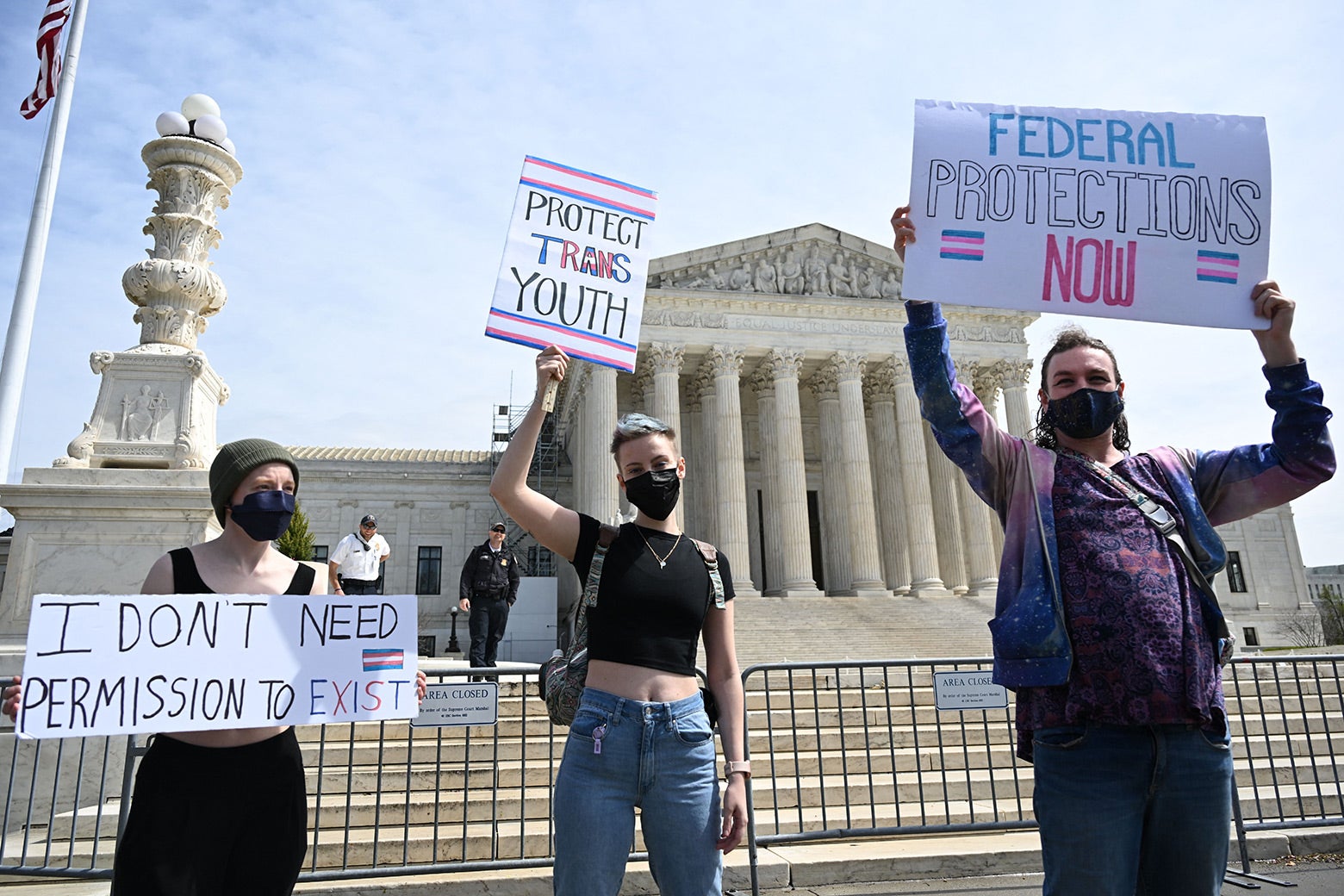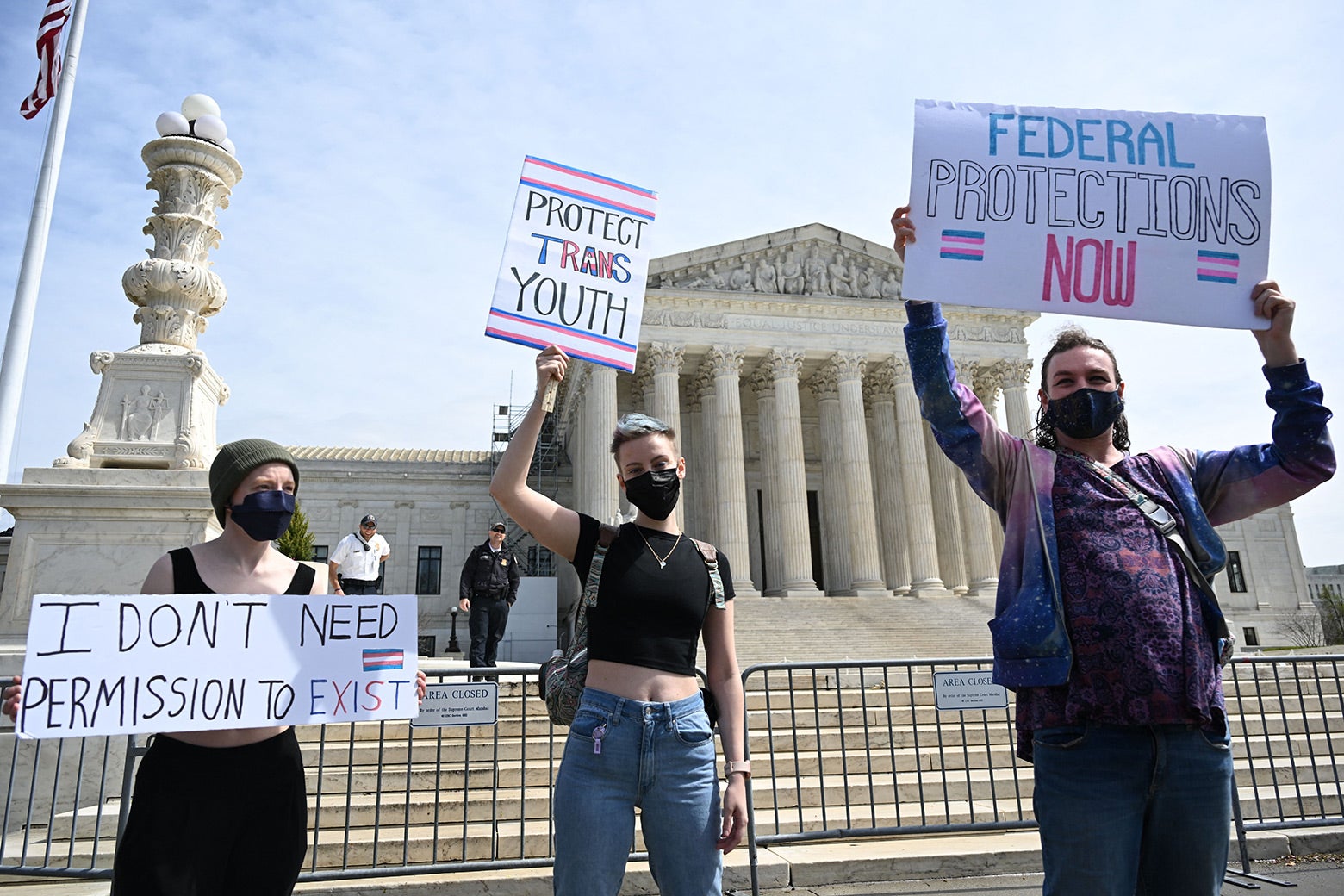
The United States Supreme Court has announced that it will hear a case challenging the constitutionality of Tennessee's law banning certain medical treatments for transgender minors. The case, United States v. Skrmetti, marks the first time the justices will consider the issue of statewide bans on transgender medical care.
The challenge comes as a wave of Republican-led state legislatures have pushed to curtail transgender rights in recent years. These efforts include legislation targeting gender-transition care and regulations on other aspects of life, such as bathroom use and sports participation.
Three Tennessee transgender teenagers, their parents, and a physician who provides transgender care have argued that the law violates the equal protection clause of the 14th Amendment by discriminating on the basis of sex. The Biden administration and major US medical groups support their case, arguing that denying these treatments to transgender minors is a violation of parental rights and necessary care for children.
The Supreme Court's decision to take up the case signals its willingness to delve into another polarizing social issue. It comes as the justices have yet to rule on some of the biggest cases for this term, including emergency abortion care, disinformation on social media, and the scope of presidential power.
The Biden administration had asked the justices to intervene after a federal appeals court upheld Tennessee's ban. The law prohibits three types of transgender medical care for minors: puberty blockers, cross-sex hormones, and gender-transition surgeries.
In their petition to the court, Solicitor General Elizabeth B. Prelogar wrote that the law bans transgender medical care but leaves it unrestricted if prescribed for any other purpose. She argued that this inflicts profound harm on transgender adolescents and their families by denying appropriate and necessary treatment for a serious medical condition.
The justices are expected to hear oral arguments in the case during their next term, which typically begins on the first Monday in October. No date has been set yet for oral argument.


